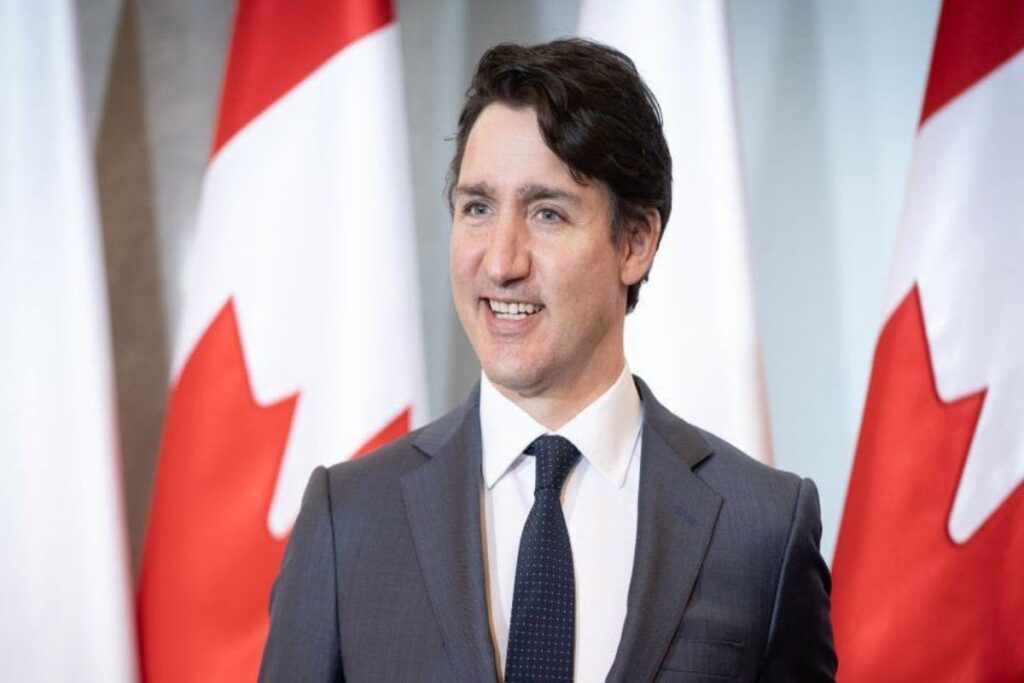Has Justin Trudeau destroyed Canada? His critics strongly believe so. They’ve recently accused him of damaging vital components of the country’s society. Precisely, they’ve mentioned five crucial ingredients or pillars of nation-building that the teacher-turned-politician has tampered with through his liberal policies.
The Five Foundations of Prosperity
One of the leading voices castigating the prime minister is Joe Oliver, former natural resources and finance minister. Using Art Laffer’s book “The Five Pillars of Prosperity,” Oliver has explained how much the nation has sunken under Trudeau.

So, what are these five pillars? They are free trade, sound money, government spending, minimal regulations, and taxation.
Oliver’s Interesting 5-Pillar Analysis
A number of public affairs commentators in Canada have seen the Five Pillars of Prosperity as suitable indicators of how well the country has fared under Trudeau’s government.
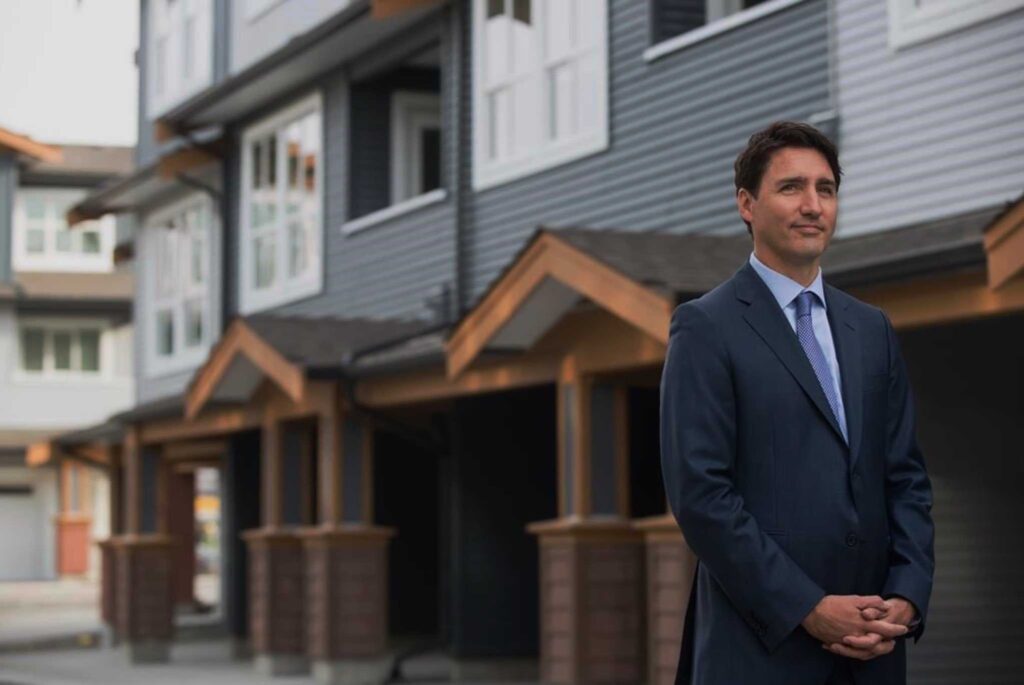
Many of them, like Oliver, having X-rayed the country’s state of affairs under the five pillars, have reached the sad conclusion that all is far from well with the North American nation.
How Has the Government Fared With Spending?
First among the five pillars is government spending. Canadians have been dismayed by the increasing expenditures of the Trudeau government over the past few years.
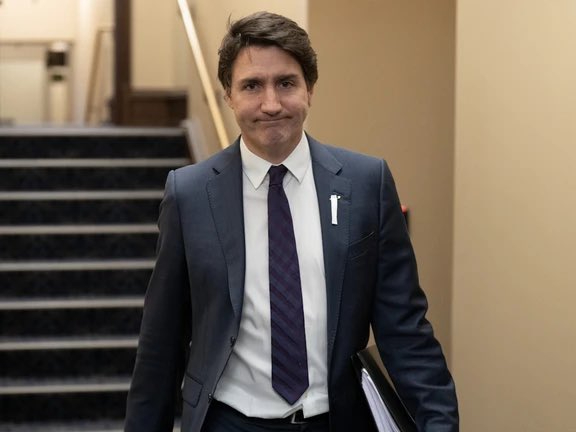
For example, in 2015, when Trudeau mounted the saddle, federal spending accounted for 12.8% of the nation’s GDP. This percentage has increased to 16.1% in 2023 swelling up the debt burden to $1.4 trillion.
Also Read: Police Arrest 13 Men, Charge Them for Luring Minors Into Sexual Abuse in Canada
Why the Rise in Government Spending?
Experts have traced much of the increase in government spending to a prime suspect—a swell in the size of government, specifically the number of government staff.
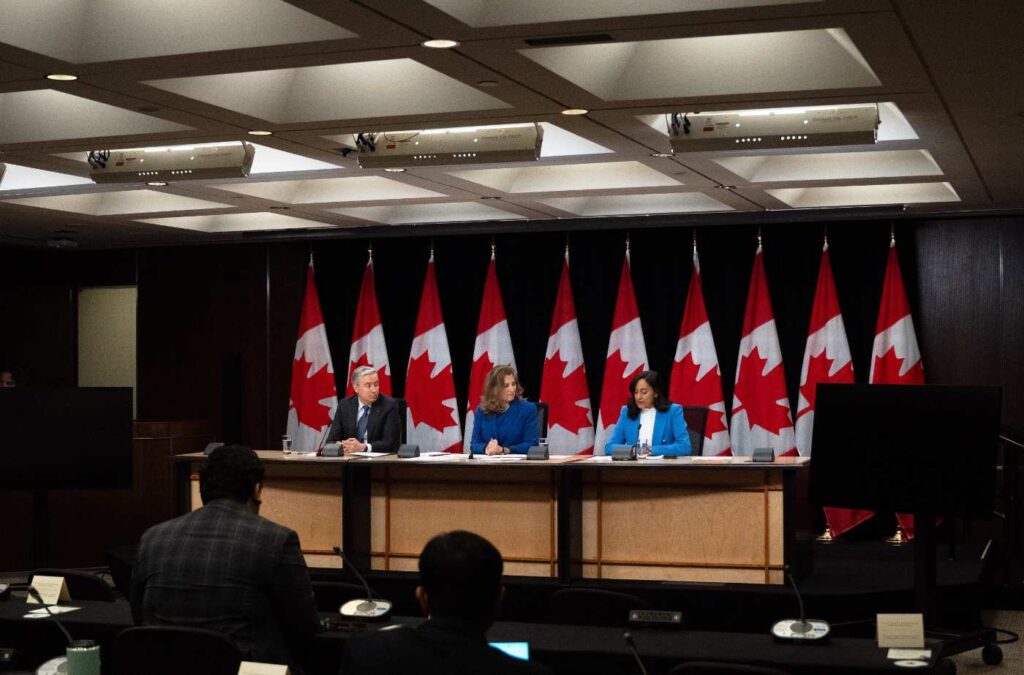
Again, from 2015 to 2023, the number of government employees has risen by 274,000. This translates to a 40.4% rise in the period in question—a margin that has stirred objections among finance analysts.
Taxes Are High As Well
Canada has long had a reputation as one of the most taxed countries in the world. But under Trudeau, taxation has reached a whole new level.
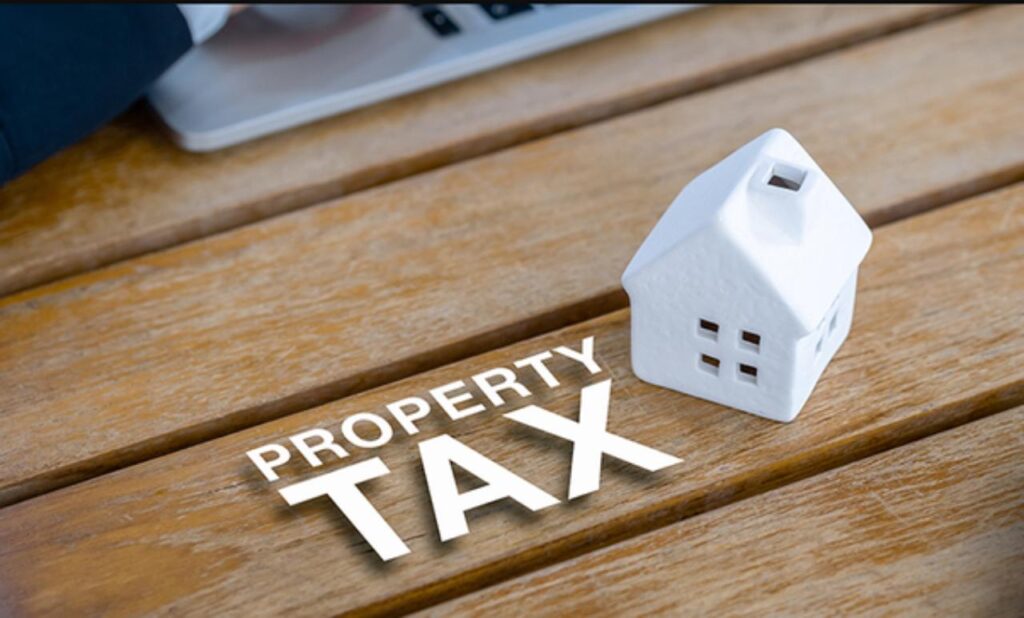
While taxes transfer more money into government coffers, the country is usually not better off for it. The higher the tax, the less foreign investment the country enjoys. Critics have argued that Trudeau’s excessive taxes have hampered the economy.
How High is Tax in Canada?
If you zoom into the country, the tax rates in certain areas, such as Ontario, Newfoundland, Labrador, and Nova Scotia, stand out. These locations have the highest marginal income tax rates not only in Canada but also in all 61 U.S. jurisdictions.

In fact, Canada has the fifth-highest taxes among the 38 member countries of the Organization for Economic Co-operation and Development.
How Restrictive is Canada?
Minimal regulations are one of the five pillars under examination. Economic experts believe that a country with fewer regulations will perform better economically.
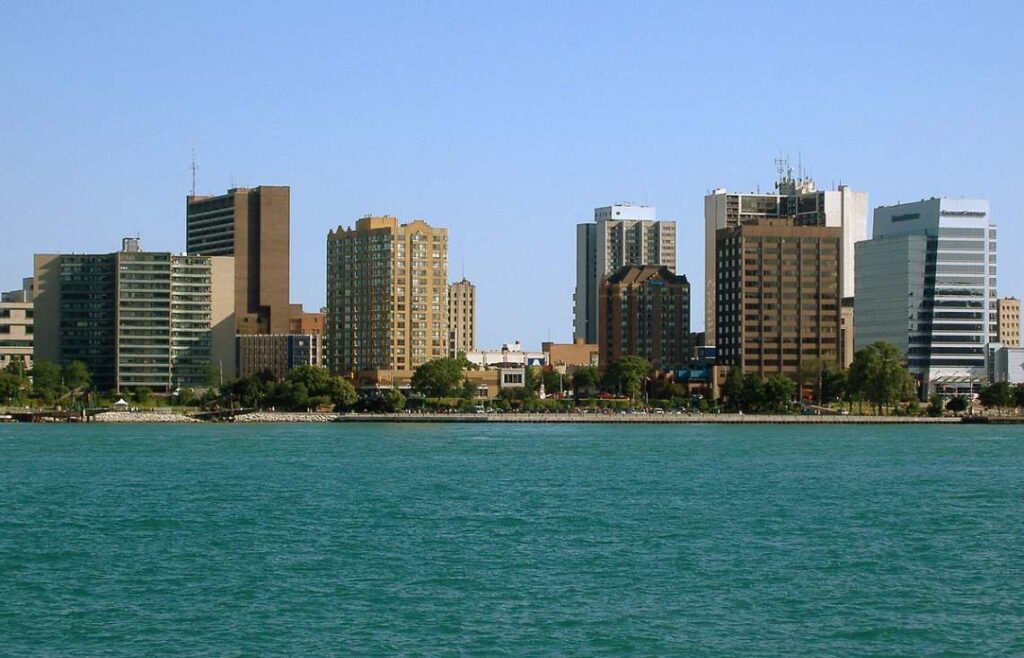
But critics have berated Trudeau and his party for imposing harsh regulations on various sectors of the country. They attribute the country’s slow economic growth to these measures.
Free Trade Has Declined
Canada once enjoyed an enviable reputation for free trade. But that era is sadly over. The country has lost its place in trade-friendliness.
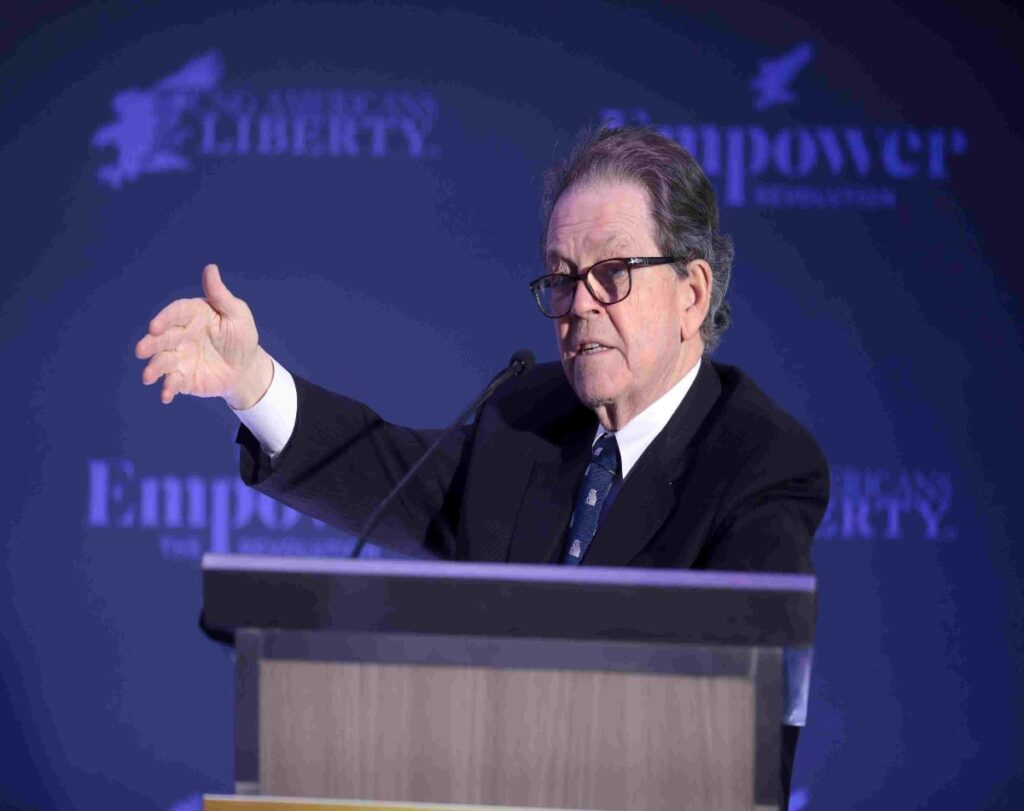
Losing its place to Mexico as the U.S.’s biggest trade partner is another glaring indication of its decline in the Trudeau era. Another contributory decision was the limit Trudeau had placed on oil and gas exports.
Also Read: Canada Officials Arrest Man in Connection to Death of 5, Including Children
Sound Money and Inflation
According to Trudeau’s detractors and critics, Canada has fared badly in terms of sound money under his management. Sound money refers to the stability of a country’s currency.
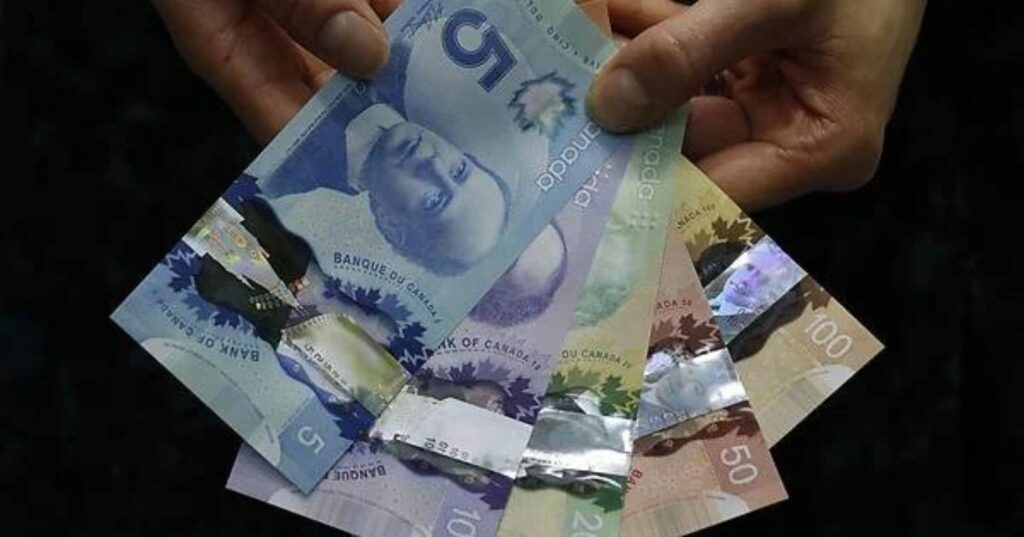
However, the Canadian dollar has endured too many fluctuations in the past few years. Inflation has hit record numbers, and commodity prices have gone through the roof.
Canadians Live at High Cost
Truly, inflation has dealt a heavy blow to the Canadian economy. As a result, residents are spending more money on goods and services.
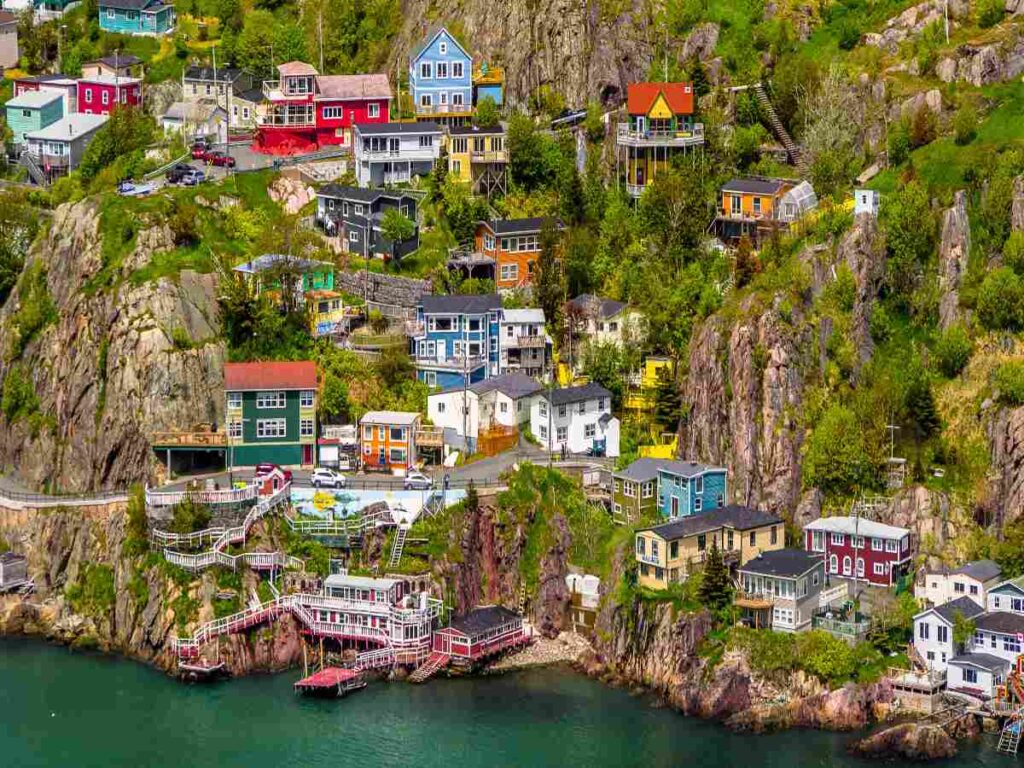
Consumer and mortgage prices have been up 27% and 50%, respectively, since Trudeau began leading the country in 2015. As the cost of living continues to climb, life is now more difficult for a large section of the populace.
Trudeau Scores Low in All Five Indicators
According to critics, the prime minister has performed well below average in all five of the pillars. They also believe that his low ratings in these areas stem from his party’s liberal policies.
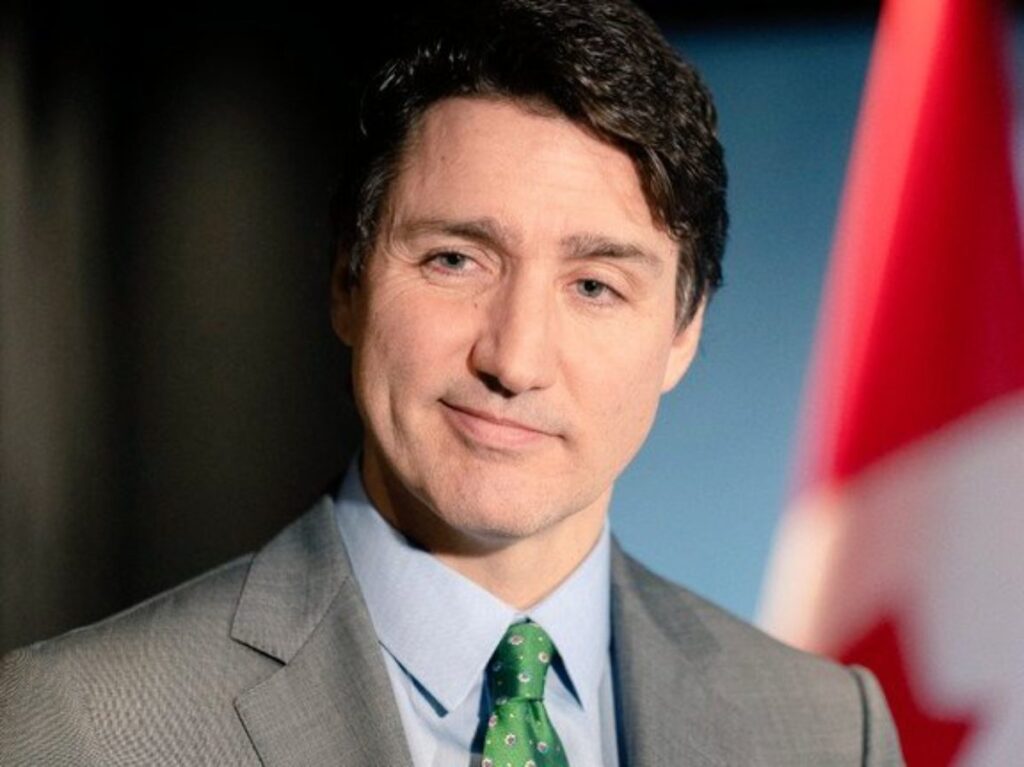
In reality, these criticisms aren’t far from what’s on the minds of most people. According to Politico, Trudeau has lost lots of support, and “Canadians don’t like him anymore.”
What Are the Implications of the Drop in Support?
This assessment could spell doom for the prime minister, who faces a formidable opponent in the next election. Initially, Trudeau’s camp had dismissed the chances of his fiery conservative opponent, Pierre Poilievre.
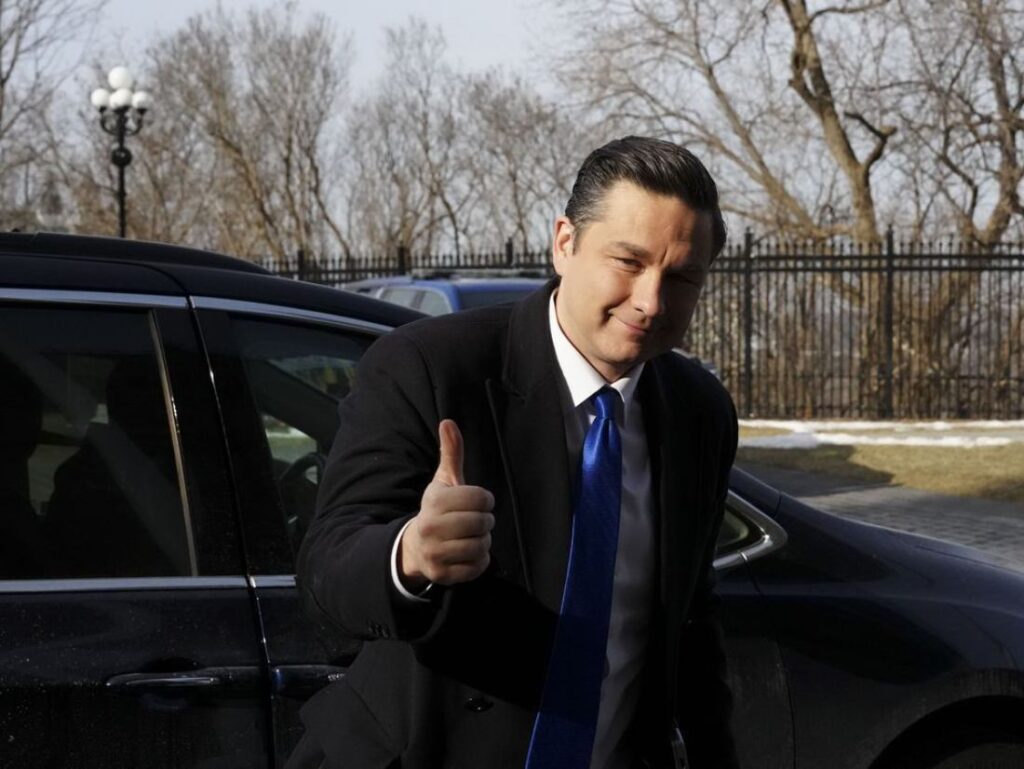
But the challenger has managed to rally support and shoot himself to a 10-point lead at the polls. Already, it is looking certain that the prime minister will pay a heavy price when the country goes to the ballot—except if, by miracle, he can restore Canada’s prosperity.
You Might Also Like:
WNBA’s Angel Reese Dazzles at the Met Gala on Her 22nd Birthday
How People Are Using Technology to Connect with the Deceased
Gloss Up Clears the Air on History with Hunxho Following Outing with Keyshia Cole
